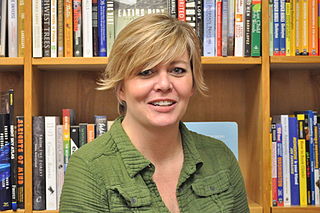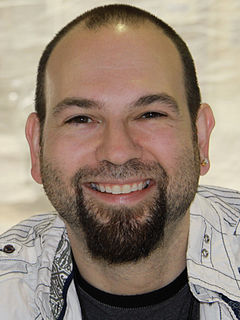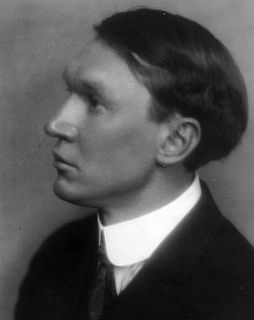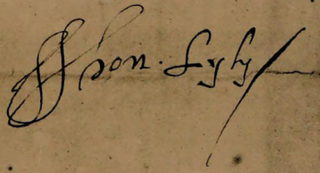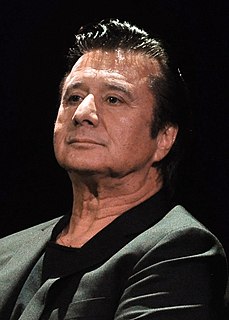A Quote by Henry Wadsworth Longfellow
The day is done; and slowly from the scene the stooping sun upgathers his spent shafts, and puts them back into his golden quiver!
Related Quotes
Jazz spent a chunk of the day fantasizing about ways to kill his grandmother, plotting them and planning them in the most excruciating, gruesome detail his imagination would allow. It turned out his imagination allowed quite a bit. He spent the rest of the day convincing himself--over and over--not to do it.
The realm of death seems an enemy's country to most men, on whose shores they are loathly driven by stress of weather; to the wise man it is the desired port where he moors his bark gladly, as in some quiet haven of the Fortunate Isles; it is the golden west into which his sun sinks, and, sinking, casts back a glory upon the leaden cloud-tack which had darkly besieged his day.
The sun is a huntress young,
The sun is a red, red joy,
The sun is an Indian girl,
Of the tribe of the Illinois.
The sun is a smouldering fire,
That creeps through the high gray plain,
And leaves not a bush of cloud
To blossom with flowers of rain.
The sun is a wounded deer,
That treads pale grass in the skies,
Shaking his golden horns,
Flashing his baleful eyes.
The sun is an eagle old,
There in the windless west.
Atop of the spirit-cliffs
He builds him a crimson nest.
Each leaf that brushed his face deepened his sadness and dread. Each leaf he passed he'd never pass again. They rode over his face like veils, already some yellow, their veins like slender bones where the sun shone through them. He had resolved himself to ride on for he could not turn back and the world that day was as lovely as any day that ever was and he was riding to his death.
Cupid and my Campaspe play'd
At cards for kisses - Cupid paid:
He stakes his quiver, bow, and arrows,
His mother's doves, and team of sparrows;
Loses them too; then down he throws
The coral of his lips, the rose
Growing one's cheek (but none knows how);
With these, the crystal of his brow,
And then the dimple of his chin:
All these did my Campaspe win.
At last he set her both his eyes -
She won, and Cupid blind did rise.
O Love! has she done this for thee?
What shall, alas! become of me?
The fable of Christ and his twelve apostles is a parody of the sun and the twelve signs of the Zodiac, copied from the ancient religions of the Eastern world. Every thing told of Christ has reference to the sun. His reported resurrection is at sunrise, and that on the first day of the week; that is, on the day anciently dedicated to the sun, and from thence called Sunday.
The King beneath the mountains, The King of carven stone, The lord of silver fountains Shall come into his own! His crown shall be upholden, His harp shall be restrung, His halls shall echo golden To songs of yore re-sung. The woods shall wave on mountains. And grass beneath the sun; His wealth shall flow in fountains And the rivers golden run. The streams shall run in gladness, The lakes shall shine and burn, And sorrow fail and sadness At the Mountain-king’s return!
Well. There was noting to be done for it. Things had happened as they did, time's arrow had yet to be reversed by humans, done was done. If a man spent his life looking over his shoulder at every possible branching of his path he could have taken, he would never accomplish anything. One must learn from history so as not to repeat it, but one must not waste one's energy or time worrying about what might have been. Sorry . . . but people die every day and the galaxy continues on quite well without them. Consider yourself lucky you are one of those as yet unselected by the Fates.
The pastoral labours of the archbishop of Constantinople provoked and gradually united against him two sorts of enemies; the aspiring clergy, who envied his success, and the obstinate sinners, who were offended by his reproofs. When Chrysostom thundered from the pulpit of St. Sophia against the degeneracy of the Christians, his shafts were spent among the crowd, without wounding or even marking the character of any individual.
It seemed as though he gave way all at once; he was so languid that he could not control his thoughts; they would wander to her; they would bring back the scene,- not of his repulse and rejection the day before but the looks, the actions of the day before that. He went along the crowded streets mechanically, winding in and out among the people, but never seeing them, -almost sick with longing for that one half-hour-that one brief space of time when she clung to him, and her heart beat against his-to come once again.
Day appears again. This time he leans in close enough for his hair to brush, light as silk, against my cheeks. He pulls me towards for a long kiss. The scene vanishes, replaced abruptly by a stormy night and Day struggling through the rain, blood dripping from his leg and leaving a trail behind him. He collapses onto his knees in front of Razor before the whole scene disappears again.

